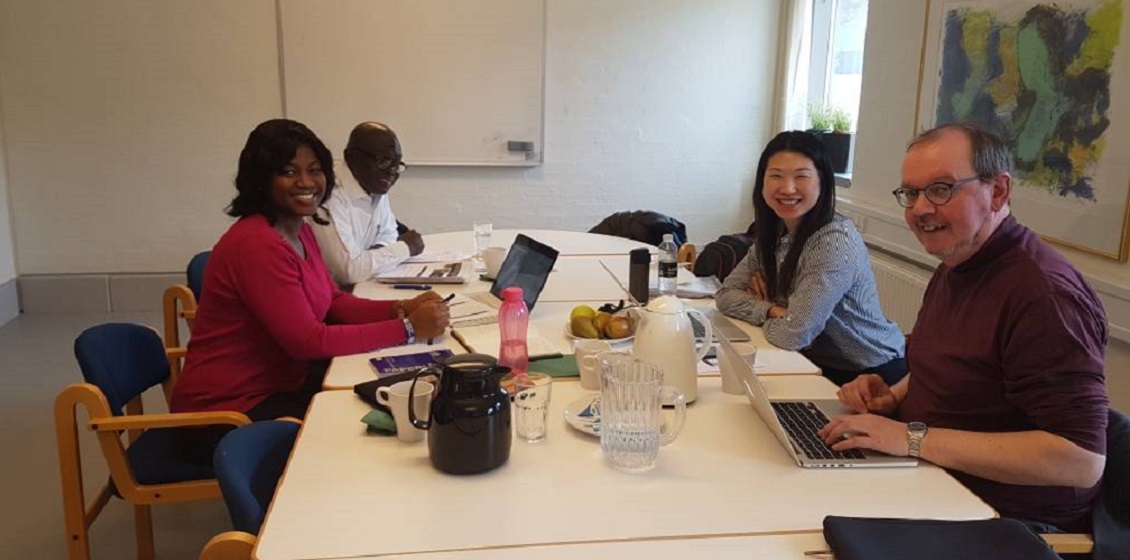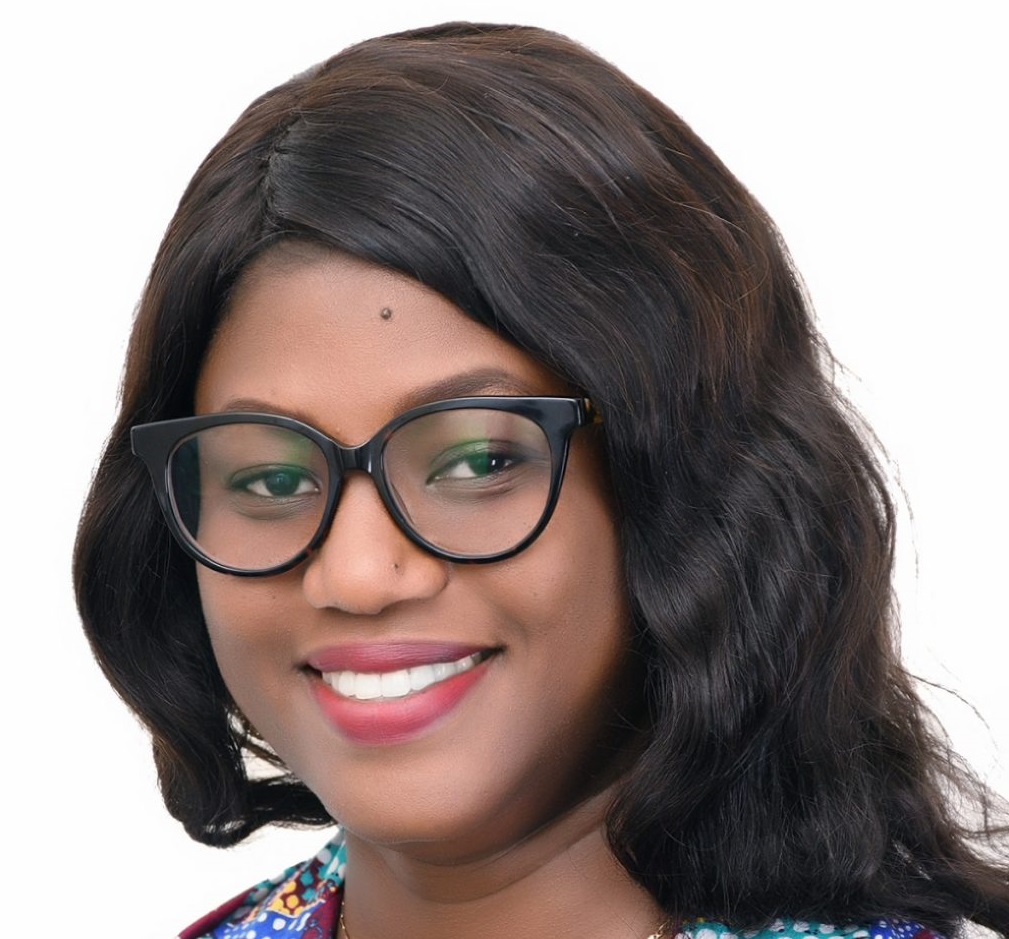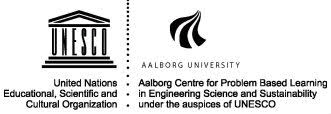This is the second of two articles about the organisation AfricaLics. In the first article, I speak with Dr Margrethe Holm Andersen about the organisation, its model, and her perspective of its impacts. You can read it here.
AfricaLics (an acronym for African Network for Economics of Learning, Innovation, and Competence Building Systems) is the African regional network of the larger network Globelics. Founded in 2013, the network aims to connect scholars, researchers and policy analysists in innovation and development studies in Africa.
To get the perspective of a former participant of the AfricaLics Visiting Fellowship Programme (VFP), I spoke to Justina Onumah from the University of Ghana, where Justina is a PhD candidate. Justina has studied Agricultural Economics in her undergraduate and Master’s degrees, but switched to development studies for her PhD. She also works at the CSIR-Science and Technology Policy Research Institute (STEPRI) in Ghana.
Justina attended the AfricaLics Visiting Fellowship Programme in 2018. She tells me that it was her third international academic exchange – the first having been in Guelph in Canada, and the second in Bonn, Germany. In 2018, at the time of the AfricaLics VFP, Justina was in the beginning of the second year of her PhD. During this time, PhD students at the University of Ghana take a semester of ‘experiential learning’, where students are placed in an industry or with a faculty member, and work on a project. Justina took this time to attend the AfricaLics VFP, where she was afforded an experiential learning experience, but with the focus on working on her PhD.
By the end of her time at Aalborg University, Justina had finished a draft of the first three chapters of her PhD thesis. “I’m grateful for the experience,” she tells me. “Aalborg pushed me ahead.”
Justina tells me that the programme actually ended up shaping her whole PhD topic. In 2016, the institute that Justina works at, CSIR-STEPRI, hosted an innovation conference, where AfricaLics secretariat member, Dr Margrethe Holm Andersen, came to speak about the organisation and about the VFP. “That was where my deep interest in innovation studies began,” Justina says. As a result of the presentation made about AfricaLics at the conference, Justina switched the focus of her PhD topic to one within innovation studies, with the support and encouragement of her lead supervisor.
As an international student myself, I was curious to hear about Justina’s impressions of Denmark and the Danish academic culture. She tells me that one of the biggest differences was the student-professor relationship. “There is more of an open door policy in Denmark,” she says. “You can share the same space and eat together with your professors because PhD candidates are seen as faculty members in Denmark but you don’t get that much here [in Ghana]”. Though she indicated that she has been fortunate with the kind of supervisors she has, with their openness to using different platforms (even WhatsApp) for supervision, these open approaches are not common to find. She also mentions that Aalborg University’s Problem Based Learning (PBL) approach was something new for her. Justina tells me that in one of the first or second seminars during her VFP, she presented her proposal and the feedback she received was that she should delve deeper into the problem before writing about methodology and at that stage, they did not expect a lot on methodology. But in Ghana, she tells me that “we place a lot of emphasis on measurement and methods”.
The most beneficial aspect of the academic support that Justina received was “the intentional support and mentorship”. She tells me that “you have your timetable and you know you need to meet your mentor at this time, you need to present a portion of your work at this time,” whereas in her home university, these unofficial schedules may not be followed religiously and so the student will have to be sure to drive the process. Justina took this learning experience back to Ghana too. “When I came back to Ghana, I was the graduate representative for our department, so I organised a seminar like that where, even amongst us… we could give peer-to-peer input”. This was acknowledged by the department and plans have been underway to add it to the already existing official seminars. This will not be examinable but will provide a platform for students to keep on track and receive inputs from peers and faculty members.
Overall, Justina says that the VFP experience was extremely positive. Not only did it help with her PhD, but it helped her in other ways. “With all these interactions, it builds up your confidence… it builds up your personal relationship skills [too]. You interact with people inside and outside of the department, and even within the department people are different… you learn how to interact with different people. And it broadens your network”. The network of Fellows continues today, she tells me: “we have a platform that we constantly engage on, so if there are opportunities we see, we’ll share them”. When I asked if there is anything Justina thinks the programme could do better, she is hard-pressed to come up with anything, but after some thought says that “there is not much support in terms of going for conferences whilst you are there, maybe it is because of the short period we are there for” and that the flexibility and funding for presenting at a conference could be considered for future VFPs.
She tells me that in the programme, “there’s no time lost. It’s focused on your thesis and that’s the most important thing. If you are serious, you come out with so much in that short space of time”.
To gain insight into the value of UN Sustainable Development Goal 17 (partnerships), I asked both Margrethe Andersen and Justina what they think the benefits of South-North collaboration are, both for the South and the North. You can read Margrethe’s answers in my previous article, but both Margrethe and Justina mention that a shift in perspective is one of the biggest benefits. “Sometimes if you don’t interact with different contexts, you might be narrow-minded… it opens up your perspective,” Justina tells me.
Megan Roux is a Master student of Sustainable Biotechnology, Aalborg University Copenhagen.
SUPPORT DDRN SCIENCE JOURNALISM. DONATE DKK 20 OR MORE (APPLICABLE IN DENMARK ONLY)
(APPLICABLE IN DENMARK ONLY)



 Justina Onumah
Justina Onumah




